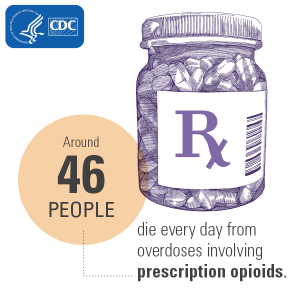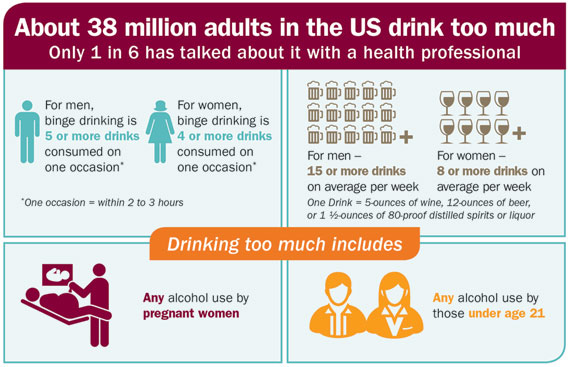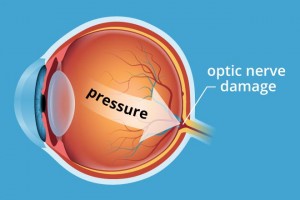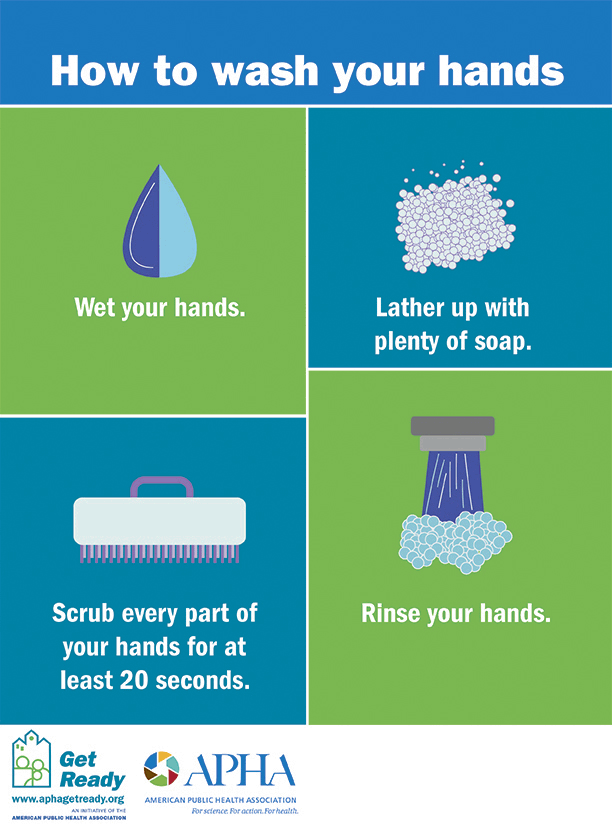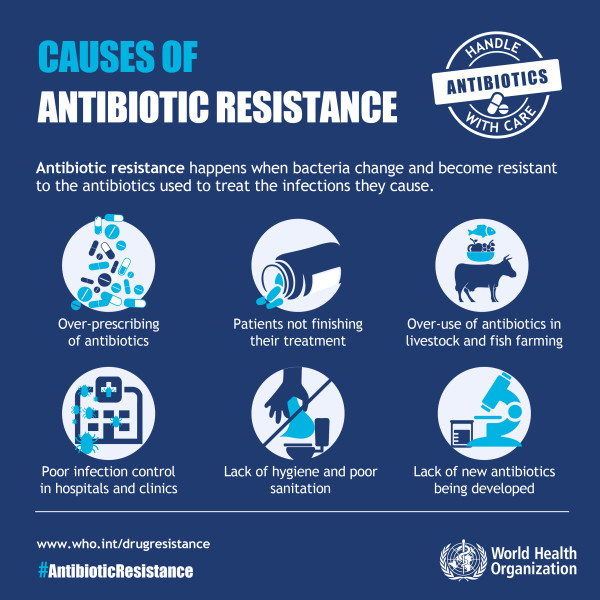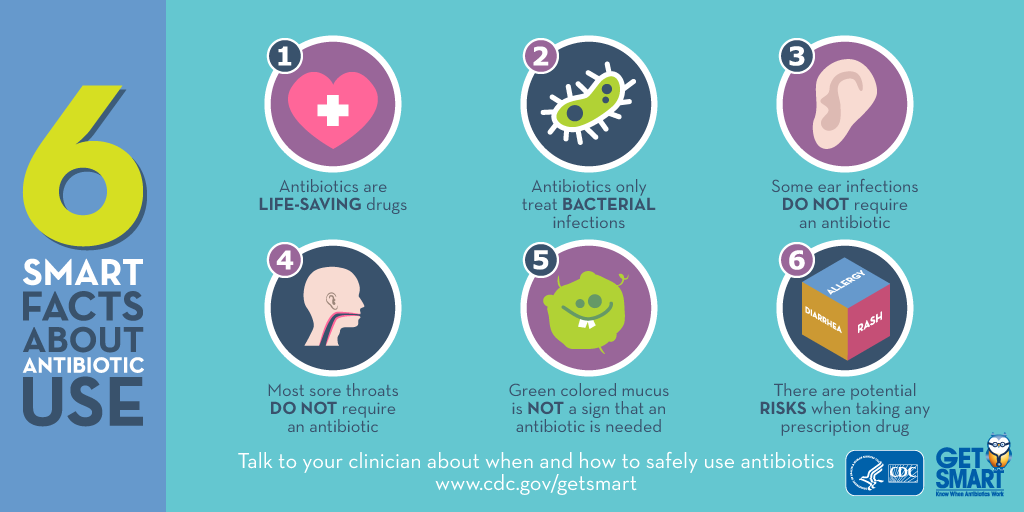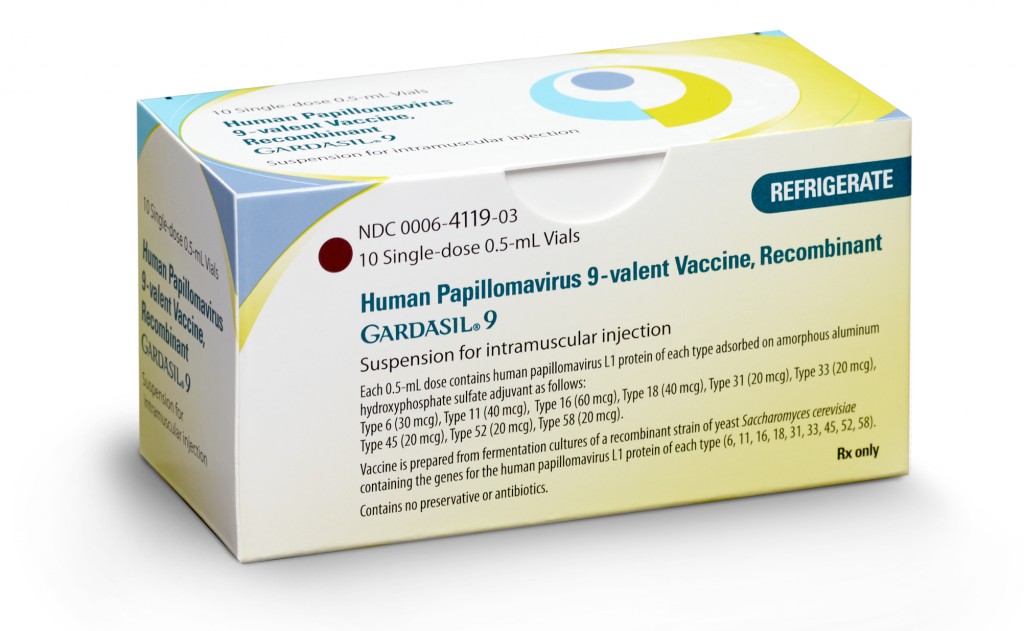The Center for Disease Control has reported a significant increase in the number of measles infections in the last year. The state of Washington has declared a state of emergency due to a current outbreak. Measles is an infectious disease spread from person to person through coughing and sneezing. Symptoms include fever, cough, rash, runny nose and watery eyes. Complications of measles includes permanent hearing loss, encephalitis (swelling of the brain) which can lead to permanent disability, pneumonia, and death. Additionally, the infection can cause serous complications for pregnant females and their unborn child. Measles is extremely contagious and can cause significant complications for those exposed. The good news, is that there is an extremely effective vaccine that can prevent up to 97% protection. To ensure your safety, contact your Aveon provider if you have symptoms of measles, as well as for the preventative vaccination.



